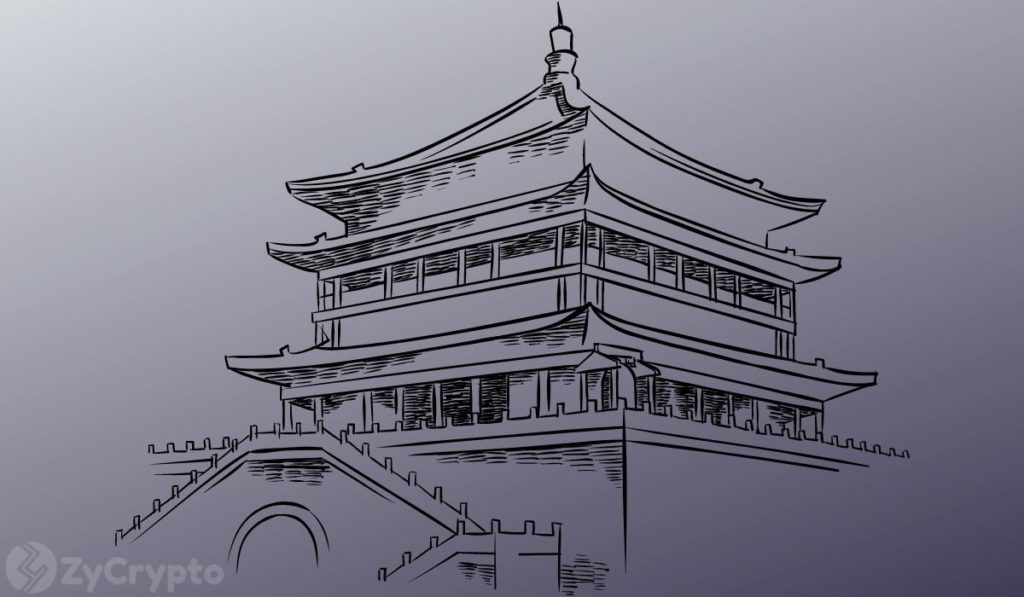
2018-9-7 17:35 |
The Supreme People’s Court of China has issued a set of new rules on the trial of internet court cases, part of which is that blockchain can authenticate electronic data entered in as evidence.
Blockchain AuthenticationThe court’s ruling issued on Friday sets out new rules to guide the activities of internet courts, and protect the legal rights of disputing parties. A portion of the new regulations relates to the authentication of electronic data presented as evidence:
The electronic data submitted by the parties can prove their authenticity through electronic signature, trusted time stamp, hash value check, blockchain, and other evidence collection, fixed and tamper-proof technical means or through electronic forensic evidence platform certification. [a rough translation]
Data stored or retrieved with distributed technology are now admissible in Court. Also, in instances where electronic data entered in as evidence in a case is questioned by any of the parties involved, the data can be authenticated using blockchain technology.
This new ruling by the Supreme Court agrees with the precedence set by Hangzhou Internet Court earlier in the year.
In a case between a media company and a technology company, Hangzhou Internet Court ruled that decentralized technology can be used as a method to determine the authenticity of the digital information presented as evidence.
Internet Court was instituted due to the rising numbers of online trade disputes and copyright infringements in the country. The Hangzhou Internet Court is the first, and it was instituted in August 2017. The government plans to launch internet courts in two other cities – Beijing and Guangzhou.
China Picks Blockchain Over CryptocurrenciesDespite the relentless crackdown on cryptocurrencies in the country, the Chinese Government is eagerly embracing blockchain technology. On the one hand, the government banned ICOs and domestic cryptocurrency trading and exchanges and restricted crypto-related online content. On the other hand, it is also adopting distributed ledger technology in trade and other sectors.
In April, EWN reported that state-owned Sinochem Energy Technology Co Limited completed a shipment of gasoline to Singapore using blockchain technology.
Private Corporations in the country are also adopting the blockchain technology and driving decentralized technology-related innovation globally. Chinese company’s like Tencent and Alibaba are leading the global blockchain patent race. 56% percent of all issued distributed technology-related patents in the world belong to Chinese companies. Even the country’s Central Bank is also not left out, issuing 68 filings for DLT (Decentralized Ledger Technology) patents.
The post Blockchain Evidence is Legally Binding, says China’s Supreme Court appeared first on Ethereum World News.
origin »Bitcoin price in Telegram @btc_price_every_hour
High Performance Blockchain (HPB) на Currencies.ru
|
|


























